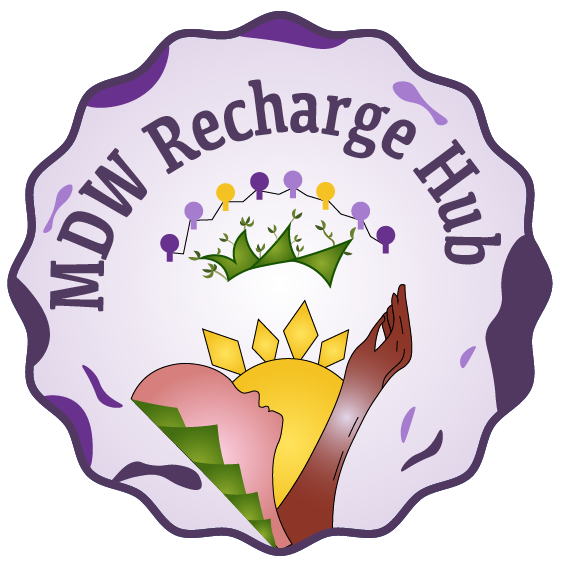
What is mental health?
update time: 11th April 2023
The term “mental health” is commonly used in our daily conversations. Normally, the term is interpreted as not suffering from any mental illness. However, research has found that it is common for people to experience poor mental health (e.g., feeling blue, anxious, or stressed) from time to time but not being diagnosed with mental illness. Poor mental health conditions can be overcome by self-care activities and getting emotional support from your trusted ones. It does not require medical or psychiatric treatment.
On the other hand, people diagnosed with a mental illness, which needs medical or psychiatric treatment, can still experience periods of mental well-being, such as feeling happy and enjoying positive relations with others. A mental illness or a mental disorder refers to “a clinically significant disturbance in an individual’s cognition, emotional regulation, or behaviour." It requires professional assessment to diagnose whether a person’s condition can be classified as a mental disorder, and what treatment is proper for the condition. There are many different types of mental disorders, among which common ones include Anxiety Disorders, Depression Disorders, and Bipolar Disorder. Effective treatment options are available for different mental disorders. People diagnosed with mental disorders do have chances to recover and live a good life.
Therefore, in recent years, the professional field of mental health has been advocating to view mental health as not only the absence of mental illness/disorders but also the presence of mental wellness. For example, the World Health Organization (WHO) defines “mental health” as “a state of well-being in which individuals can realize their potential, cope with normal life stresses, work productively, and contribute to their community.” Moreover, the US Centers for Disease Control and Prevention (CDC) defines “mental health” as including “our emotional, psychological, and social well-being. It affects how we think, feel, and act. It also helps determine how we handle stress, relate to others, and make healthy choices.” These definitions demonstrate a broad scope of mental health and the importance of mental health for every aspect of one’s life.
For migrant domestic workers, many of you are separated from your families. In addition, some may experience challenges such as adapting to a new environment, financial burdens, work-related stress, and even abuse or mistreatment. Those are all risk factors for mental health. However, you may also have supportive connections with your families, friends, and your community. You may access resources where you can get help and comfort. You may also embrace hope that your hard work can change your fate and that of your loved ones. These are all protective factors for mental health. On this website, we hope to install more protective factors to your life and empower you to combat risk factors and achieve your mental health. We hope you can connect with us. It doesn’t matter if you’re feeling blue, suspecting yourself of having a mental illness, or hoping to further enhance your mental wellness. You will find useful resources that can help you achieve mental growth and happiness.
Read more:
To learn more about mental health topics: click here https://www.who.int/health-topics/mental-health#tab=tab_1
To assess your mental health conditions: click here Self-assessment Tools
To find out local resources and services: click here Community Directory
To find out activities for recharging your mental power: click here Event Calendar
Copyright © 2022. All Rights Reserved. Department of Social Work. The Chinese University of Hong Kong


